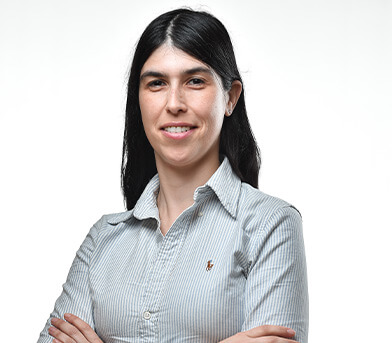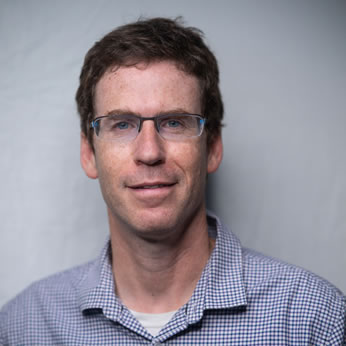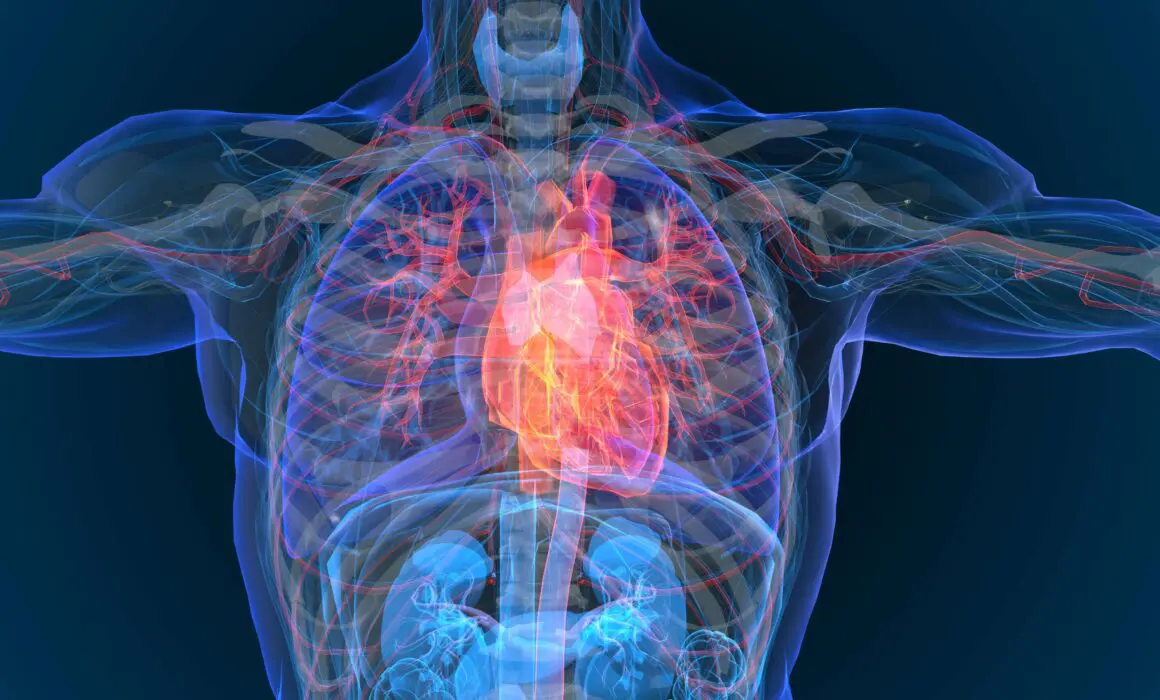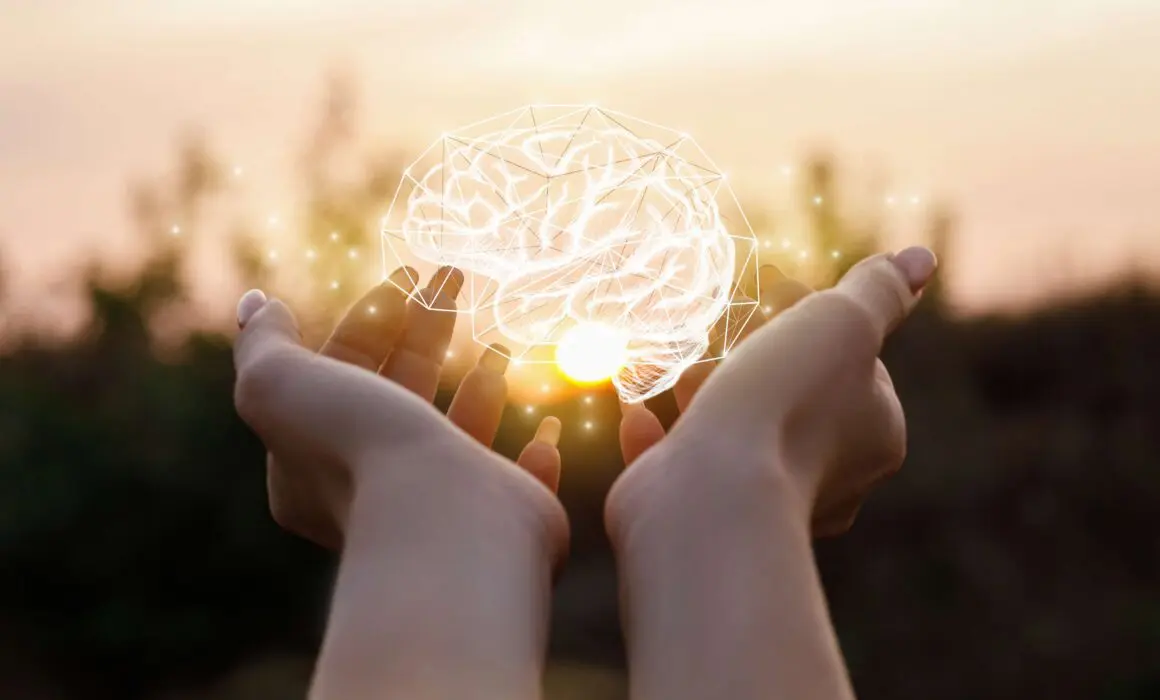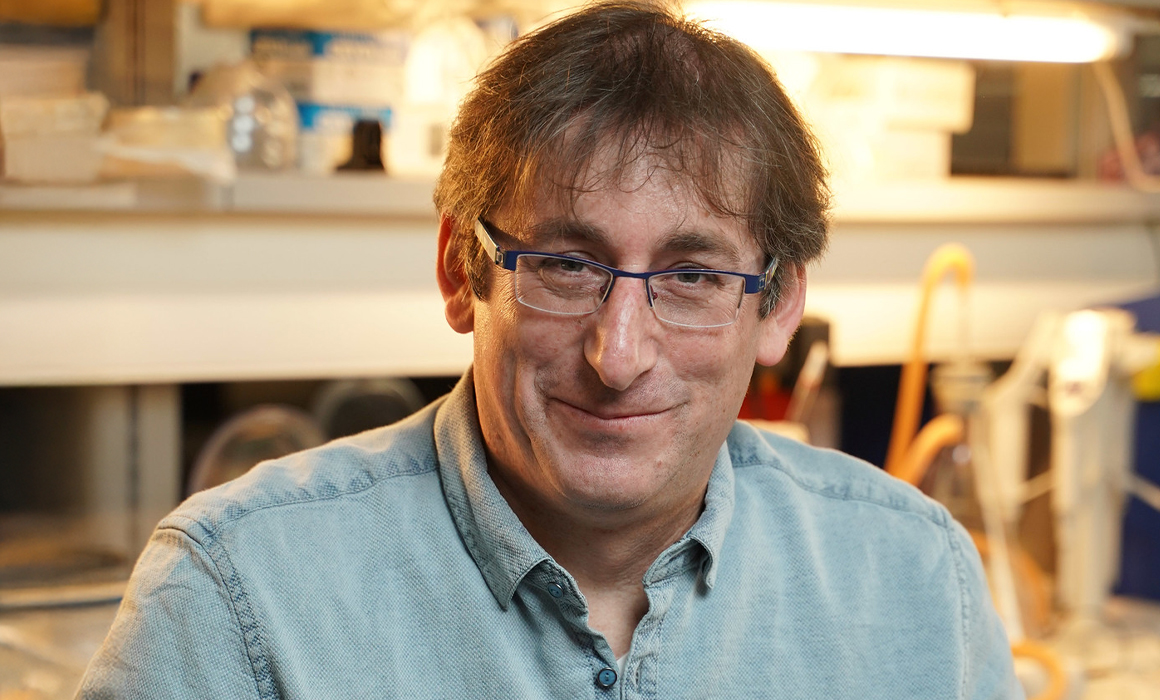Today’s Breakthroughs for the Next Generation of Treatment Part 2

At the Technion, researchers are unraveling the fierce battles our cells wage against viruses, uncovering how gut microbes shift the tide in chronic disease, and revealing the brain’s surprising power to heal broken hearts. From revolutionary dual-target antibodies that outsmart the flu to groundbreaking discoveries in inflammation, these breakthroughs are rewriting the future of medicine — promising lifesaving therapies that arrive faster, hit harder, and change everything.
Clearer AI interpretation of real-world ECG images could transform cardiac diagnostics and speed treatment decisions. Dr. Vadim Gliner, a former Ph.D. student in Prof. Yael Yaniv’s Biomedical Engineering Lab, in collaboration with the Schuster Lab in the Taub Faculty of Computer Science, developed a method that pinpoints critical heart signals – even in imperfect photos – helping doctors trust and act on AI insights.
Dopamine’s key role in rewiring the brain for motor learning points to promising treatments for movement disorders like Parkinson’s disease. In a recent study, Dr. Hadas Benisty and Prof. Jackie Schiller from the Rappaport Faculty of Medicine with contributions from Prof. Ronen Talmon from the Viterbi Faculty and Rappaport Faculty of Medicine revealed how dopamine signals drive the brain’s ability to master new movements.
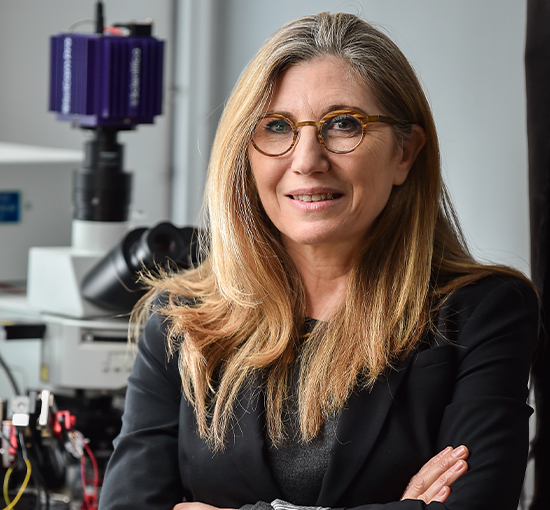
Real-time, non-invasive monitoring of tissue models could revolutionize cancer detection and personalized medicine. Developed by Prof. Hossam Haick, postdoctoral fellow Dr. Arnab Maity, and Ph.D. student Vivian Darsa Maidantchik in the Wolfson Faculty of Chemical Engineering, the novel “chemical tomography” method tracks disease progression and molecular changes without damaging tissue.
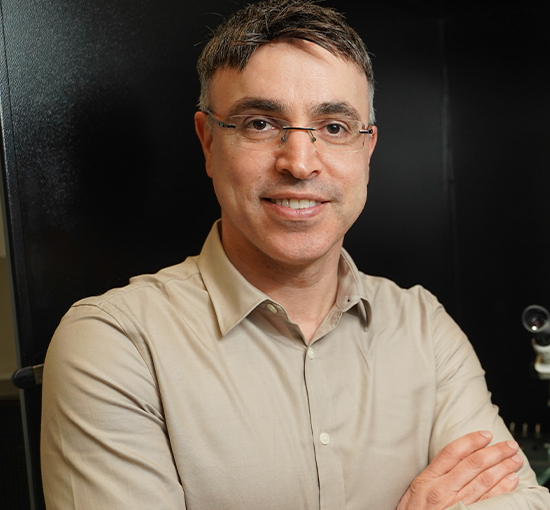
Tracking critical metabolites linked to diseases like cancer just got closer to routine clinical use. Dr. Itai Katz and Prof. Aharon Blank’s team in the Schulich Faculty of Chemistry along with Prof. Boaz Pokroy from the Faculty of Materials Science and Engineering developed a new MRI technique that extends the imaging window, enabling longer and clearer detection of these vital markers — a major step toward better diagnosis and monitoring.
